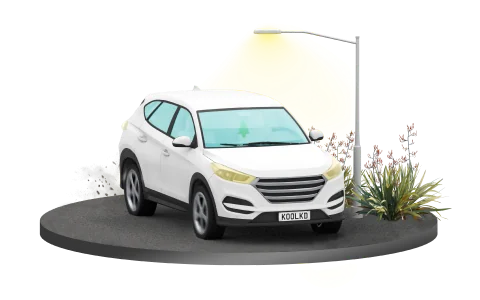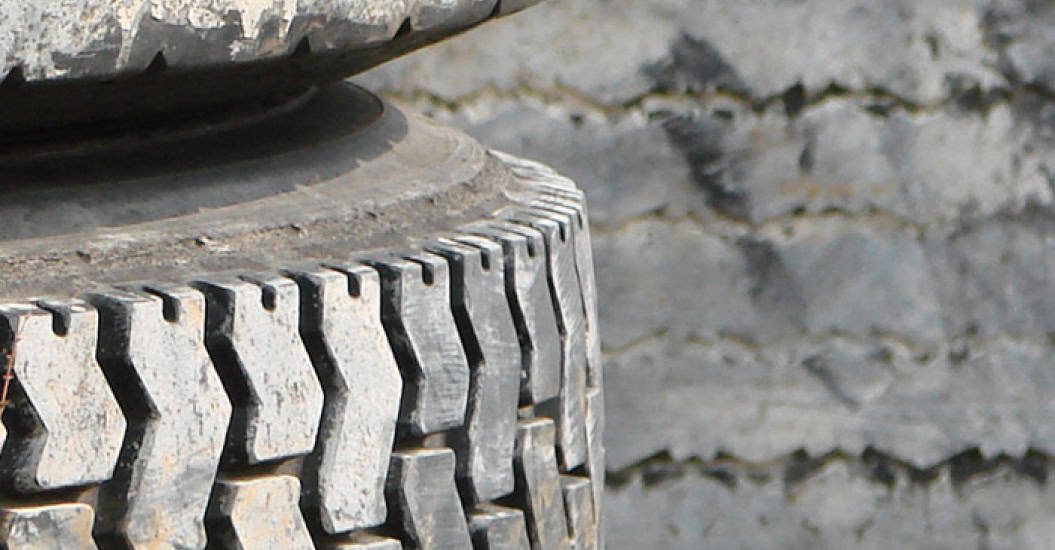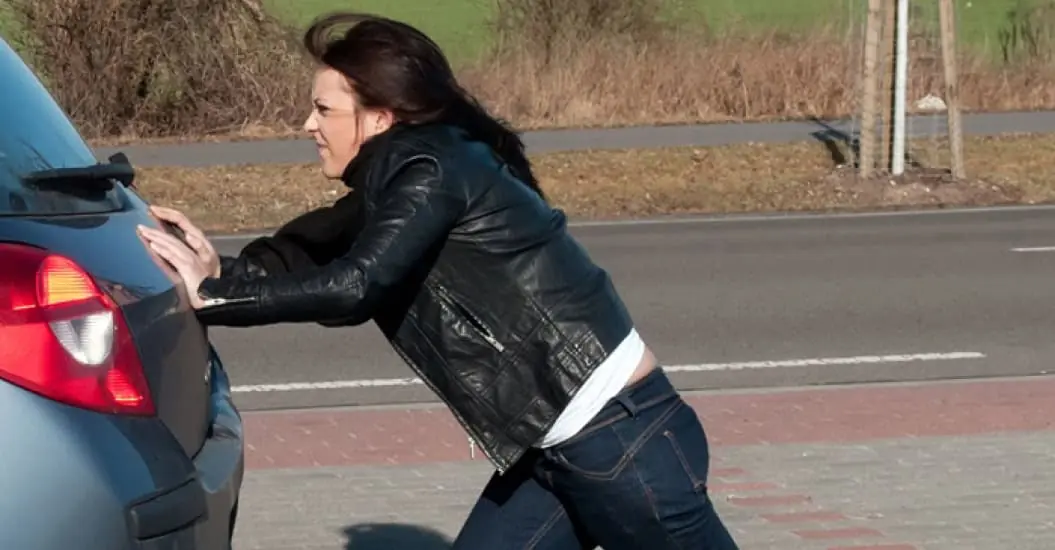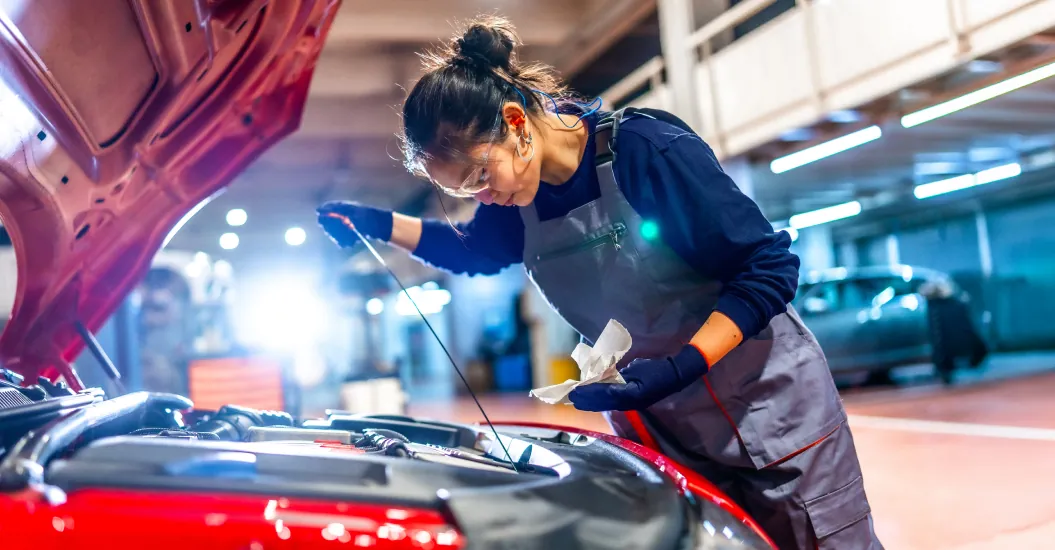How you can reduce the risk of your engine overheating
Here are some tips to help you:
- The most common cause of overheating is to do with defects or problems with the cooling system. Have your cooling system serviced regularly and your coolant fluid checked
- Another common cause of overheating is lack of water in the engine. This can cause the car to smoke, time out or even the engine to blow
- If you do have an overheating problem get your engine inspected as soon as possible before getting back out on the road
- Overheating can damage the engine and your car may need repairs before driving again after it overheats
- Always monitor the temperature gauge carefully when you are driving
- Check your car for leaks
- Regularly change the oil and water
- You should only add water to the engine when it is cold
Precautions you need to take
Ensure your own safety:
- Do not continue to drive if your car is overheating, this is extremely dangerous
- Never open the radiator cap on a hot engine. You could get severely burnt
- Pouring cold water into or onto the engine might cool things down but it won’t solve the problem. After you have experienced overheating seek professional advice
- Check the coolant levels and water levels once the engine has cooled down. If your coolant is low replenish it
- Check for leaks in the coolant system, this could be causing the problem
- Only use one type of coolant and always use the right coolant for your car
- You car’s thermostat should be in good working order, after an overheating incident this may need replacing The best way to avoid overheating is to take good care of your engine and get regular check-ups.
Fix any problems as they happen and get the car sorted after an overheating incident. Overheating can cause accident and injury so it is best to take measures to keep you and other road users safe by looking after your engine.

Looking for car insurance?
Save $100 on new, eligible comprehensive car insurance policies with promo code SWEETDEAL.*






